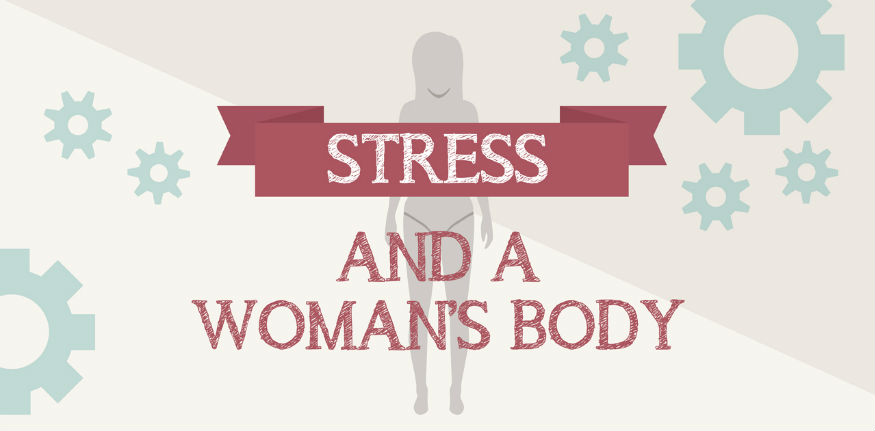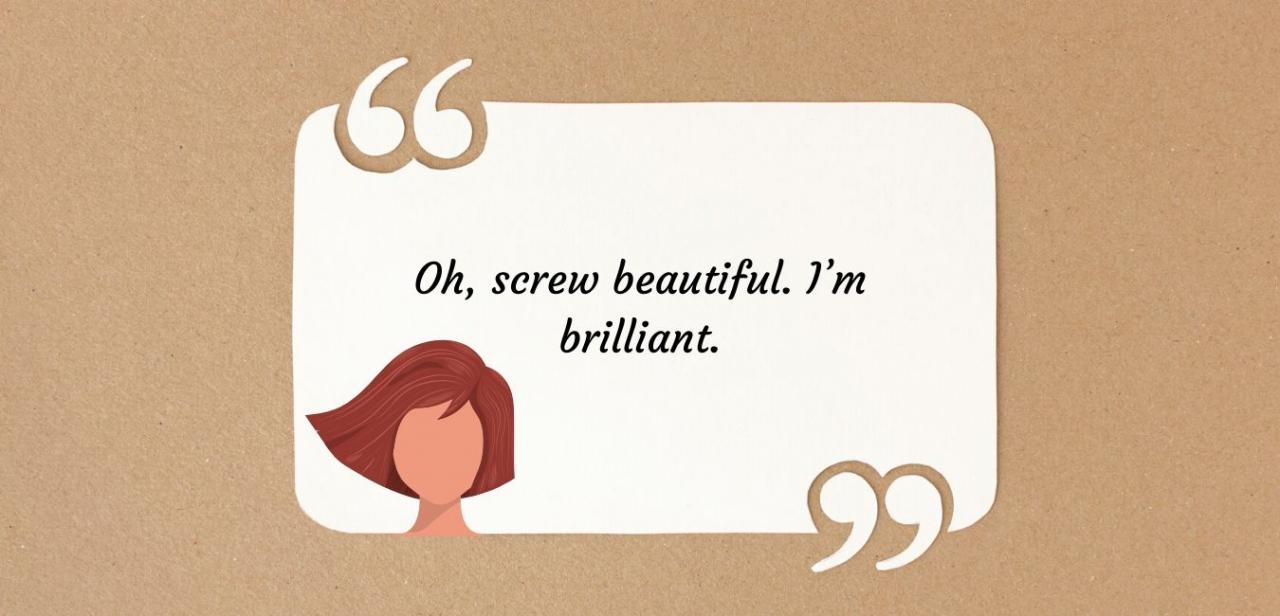 kmiragaya/Fotolia
kmiragaya/Fotolia
Stress is a term that is thrown around all the time! The research involving stress shows that stress impacts many areas of our lives.
Stress has become such a pervasive component in our lives as Americans, that the American Psychological Association has developed a campaign called the Mind/Body Health campaign. The purpose of this campaign is to educate us about how lifestyle and behaviors can affect our health and wellness.
In the 2014 Stress in America Survey, the APA reports, “The average reported stress level of adults is higher than the level of stress they believe is healthy.”
Disturbingly, the study found that our teenagers are also experiencing stress.
The survey says, “regardless of the high levels of stress that teens report and the symptoms of stress they report experiencing, they often do not know what to do to manage their stress. Nearly half (42 percent) of teens say they either are not doing enough to manage their stress or they are not sure if they are doing enough to manage it.”
It is becoming more important to manage our stress so we can help our young people develop tools to help them, too.
Karl Albrecht is considered one of the founders of identifying types of stress. Today we will look at the four types of stress that he has identified and see how we can treat it.
1) Time stress
2) Anticipatory stress
3) Situational stress
4) Encounter stress
Time Stress
This is a very common form of stress. It happens whenever you worry about time.
This would include getting to places on time, feeling upset in traffic, or worrying that you don't have enough time to complete projects or assignments. You might find yourself worrying about the number of things that you have to do, or that you will miss important deadlines. This can lead to feeling frustrated, unhappy or hopeless.
Time management strategies are the best way to reduce time stress. Setting priorities on what is possible within a certain time frame makes it is easier to reduce this stress.
There are several different systems to choose from, ranging from to-do lists, to calendars or apps to help you manage your time. Getting support from friends or family members, or hiring help can also reduce this stress.
Anticipatory stress
This stress comes from thinking about how things will happen in the future. It can be stress that is related to a specific event, or it can just be a vague worry about anything or everything.
Since this is anticipatory stress is based in the future, staying in the present reduces this type of stress. Mindfulness training focuses on the present moment instead of thinking into the future.
Identifying the underlying fears that are causing the stress, and addressing these, can also reduce this type of stress. An example is managing your fear of failure for your event to reduce this stress.
Situational stress
This is stress experienced during an emergency situation. This can also happens when you find yourself in a situation that you have no control over, or where there is a conflict or a loss of status from a group. An example is being laid off or making major mistakes in front of your colleagues.
Handling situational stress
Since this comes up usually out of nowhere, learning how to recognize your increase in stress then breathing to calm yourself down can help. One of the major triggers for situational stress is conflict, so learning conflict resolution can also be helpful.
Encounter stress
This revolves around stress brought on from interacting with a certain individual or a group. The stress comes in from feeling that this person or group is will give you a unpredictable outcome, or perhaps you do not like the personalities that you will have to deal with.
Working through encounter stress
This revolves around people and personalities. Understanding different personalities and how to find common ground with them can resolve many of these issues that create stress for you. Examples like the Myers-Briggs Type Indicator (MBTI) personality test, or an emotional intelligence test can help to navigate relationships better.
Understanding how different types of stress show up in your life can help you to reduce the occurrence, and can help you show the young adults in your life how to manage stress too.
Live Vibrantly,
Dr. Dae
Dr. Daemon Jones
Dr. Dae's website: www.HealthyDaes.com
Dr. Dae's Bio:
Dr. Daemon Jones is your diabetes reversal, hormones, metabolism and weight loss expert. Dr. Dae is a naturopathic doctor who treats patients all over the country using Skype and phone appointments. Visit her or schedule a free consultation at her website www.HealthyDaes.com
Sources:
5 Addictive Types Of Stress + How To Kick The Habit. Mindbodygreen.com December 15, 2015.
http://www.mindbodygreen.com/0-12878/5-addictive-types-of-stress-how-to-kick-the-habit.html
Stress in America. American Psychological Association survey 2014. December 15, 2015.
http://www.apa.org/news/press/releases/stress/2013/stress-report.pdf
Stress and the Manager, Author Karl Albrecht. Touchstone August 29, 1986. ISBN-13: 978-0671628239
Reviewed December 17, 2015
by Michele Blacksberg RN
Edited by Jody Smith





Add a CommentComments
There are no comments yet. Be the first one and get the conversation started!